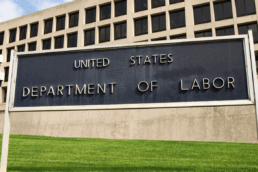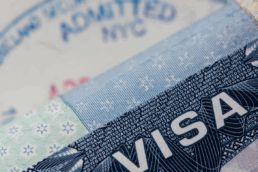News & Resources
Berardi Blog Signup
Explore Our Expertise
Dive into Our Key Focus Areas
Discover in-depth insights on our key focus areas. Select a tab below to access informative blogs and videos on each area of immigration law we cover.
The Berardi Blog
Bookmark this page and check back often — or better yet, subscribe to our newsletter to have the latest posts delivered straight to your inbox. Your journey through U.S. immigration starts here, with the knowledge and support of Berardi Immigration Law.




